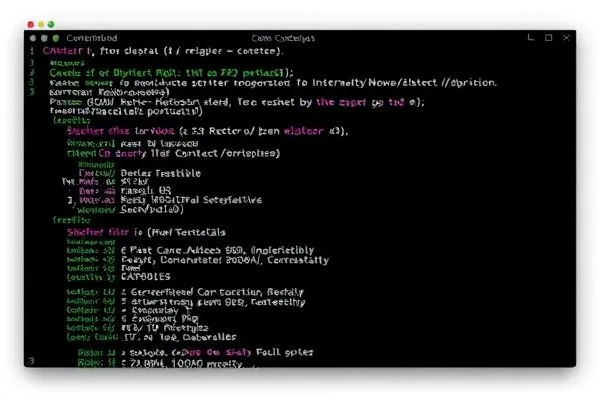In an age where mobile devices are integral to our daily lives, securing them against malware is increasingly critical. Recent findings have revealed a concerning rise in targeted malware attacks via fraudulent applications on both Android and iOS platforms. This post explores the mechanics of SpyNote, BadBazaar, and MOONSHINE, and highlights essential preventive measures for users.
Takeaways:
- ✅ Malware like SpyNote exploits fake apps to harvest user data.
- ✅ BadBazaar and MOONSHINE primarily target vulnerable communities, emphasizing the importance of awareness.
- ✅ High-risk applications are often disguised as legitimate offerings, making vigilance crucial.
- ✅ Regular software updates and security practices can mitigate exposure to such threats.
Growing Threat of Malware on Mobile Devices
Mobile malware has evolved significantly, with prominent threats like SpyNote, BadBazaar, and MOONSHINE targeting users through deceptive means. Cybersecurity experts recently identified that SpyNote, a well-known remote access trojan (RAT), is proliferating through websites posing as legitimate app stores. These fraudulent webpages entice users to download seemingly safe applications that install malware instead. This cyber deception is compounded by multi-lingual content within their code, indicating a targeted approach.
SpyNote is notorious for exploiting accessibility features on Android devices to steal sensitive information such as SMS messages, contacts, and call logs. Its stealthy capabilities allow remote camera and microphone access, amplifying its potential for damage. Further analysis suggests a connection between SpyNote and another malware variant, Gigabud, indicating possible coordinated operations.
BadBazaar and MOONSHINE: Targeted Attacks
Beyond SpyNote, the landscape is complicated by BadBazaar and MOONSHINE, both of which have been linked to espionage efforts against specific communities. Reports from various cybersecurity agencies reveal that these malware families target NGOs and advocates for Uyghur and Tibetan populations, highlighting serious civil rights implications. The distribution of this spyware often involves apps disguised as messaging or utility tools, creating a trap for unsuspecting users.
Both BadBazaar and MOONSHINE can extract sensitive data, posing severe threats to personal privacy and national security. BadBazaar has ties to a Chinese hacking group known as APT15, indicating organized cyber espionage through pervasive targeting methods.
Best Practices for Protection Against Mobile Malware
To safeguard against malware threats, users should follow these precautions:
- Be Wary of Unofficial Sources: Avoid downloading apps from unfamiliar sites. Stick to official app stores.
- Update Software Regularly: Keeping your device’s operating system and applications updated is vital for accessing necessary security patches.
- Utilize Multiple Security Measures: Activate built-in device security features, such as biometric locks and remote wipe functionalities.
- Stay Informed: Educate yourself about the latest malware threats and how to spot suspicious applications.
The rise of mobile malware incidents underscores the necessity for continuous vigilance and proactive measures to safeguard sensitive information.
Conclusion
The prevalence of SpyNote, BadBazaar, and MOONSHINE reveals vulnerabilities in mobile technology through deceptive applications. Users must be aware of these risks and adopt effective security practices to ensure they protect their devices and private data. Awareness, regular updates, and vigilance are essential strategies against an evolving malware landscape.
FAQs:
- 1. What should I do if I suspect malware on my device?
- 2. Are all applications from app stores safe?
- 3. How can I identify fake applications?
- 4. What signs indicate a compromised device?








